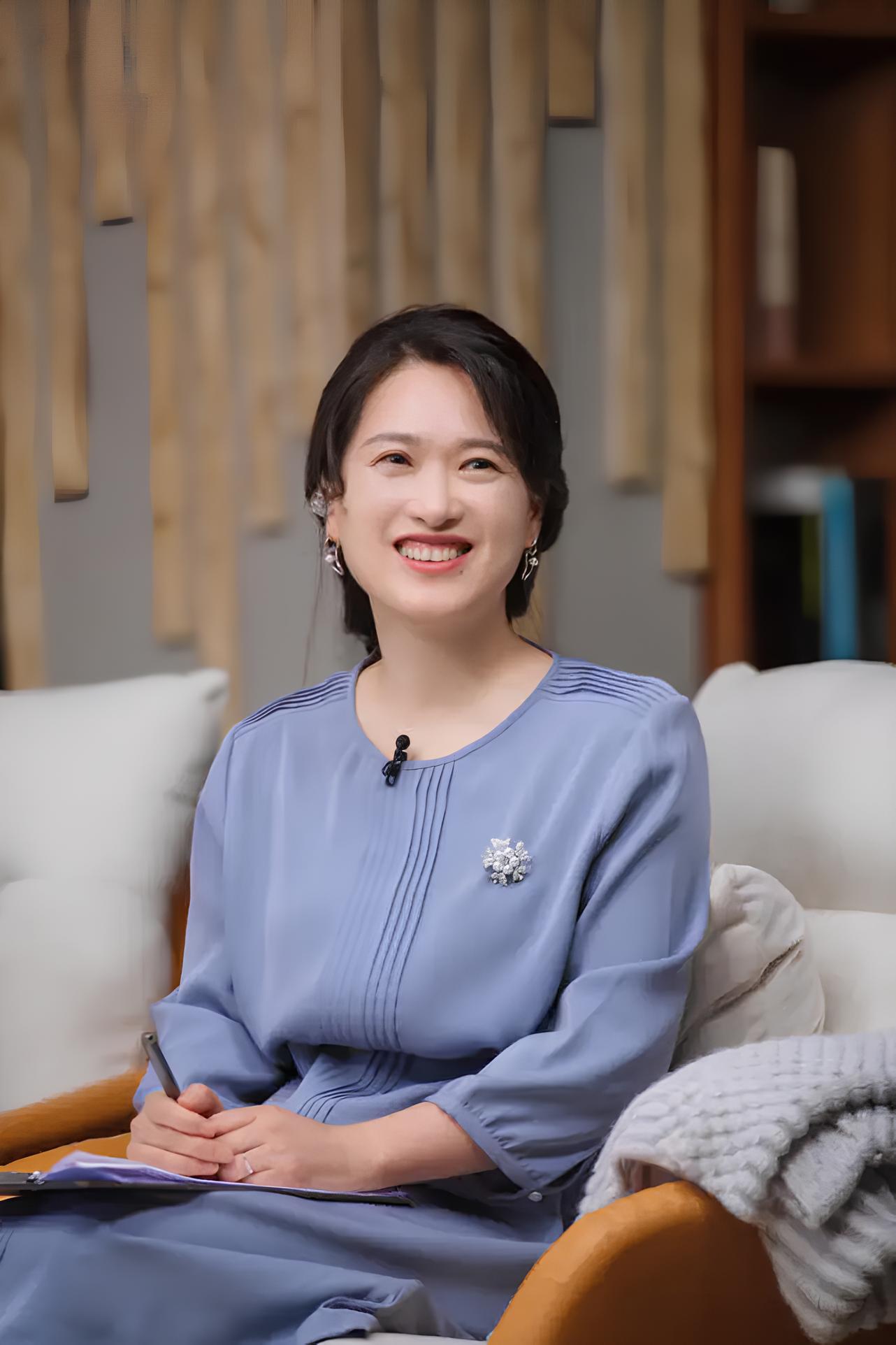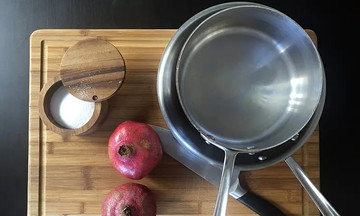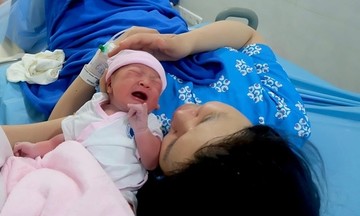Recently, a video titled "Motherhood doesn't require 100 points" by Shen Yifei, associate professor at the Institute of Social Development and Public Policy and director of the Family Development Research Center at Fudan University, went viral and ignited a heated discussion.
A leading scholar on women's studies in China, Shen outlines three reasons for this perspective.
 |
Expert Shen Yifei, Director of the Family Development Research Center, Fudan University. Photo: QQ |
Expert Shen Yifei, Director of the Family Development Research Center, Fudan University. Photo: QQ
Loving yourself first empowers you to love your child.
Traditionally, "motherhood" is synonymous with sacrifice and dedication. However, Shen argues that the model of "intensive mothering"—a concept introduced by American sociologist Sharon Hays—is exhausting many women.
"A mother must first love herself to better love her child. Someone who has never tasted sweetness cannot imagine what sugar is," Shen said.
She applies this principle to her own life. When her daughter was 6 months old, Shen decided to stop breastfeeding to attend a feminism course in Beijing, despite her family's objections.
In daily life, Shen openly tells her daughter, "I'm not in a good mood today, please don't come near me." For her, acknowledging her emotions and maintaining personal space teaches her daughter that she is also a normal person, not always perfect.
This view is based on the "task separation" theory of Austrian psychologist Alfred Adler: A mother has her tasks, a child has theirs, and they should not be mixed.
Motherhood isn't your only role.
Shen believes that one's family of origin has a strong influence, but it does not determine destiny. Her mother, a typical woman born in the 1950s, was devoted to her family and skeptical of her daughter's career. Shen learned to rationally say "no" to unreasonable demands, while maintaining a close relationship.
For Shen, the "ideal mother" figure doesn't exist. "As long as my mother is happy and content, that's enough," she said.
Within her three-generation family, Shen applies the principle of equality in rights, responsibilities, and benefits. Her mother takes care of the meals, and Shen doesn't interfere, even when she disagrees with "spoon-feeding" her grandchild. Shen's son even jokes, "Grandma thinks I gained weight thanks to those last few spoonfuls she fed me."
With her children, Shen doesn't hide her flaws. She admits, "There are things I can't do, and times when I'm wrong."
Once, comparing herself to the mother of athlete Gu Ailing, Shen felt she wasn't as dedicated. But her daughter reassured her, "She's only known as Gu Ailing's mother. You have many other identities, and that's important too. To me, you've never been lacking."
Raising children with joy.
According to Shen, many parents complain about sacrificing everything for their children, only to be disregarded. The reason is that parents deprive their children of the opportunity to grow independently, leading to a lack of gratitude.
She proposes the "strength-based parenting" method with 16 words: Close attention, careful intervention, positive labeling, and above all, joy.
When her son could only solve 30 out of 100 math problems in 5 minutes, Shen didn't scold him. Instead, she turned learning into a game, helping him become enthusiastic and improve. In this warm family, the children learn gratitude and giving. Her daughter chooses to go to the market with her grandmother to make up for lost time, and her son becomes his mother's "technology advisor."
As a result, the mother-child relationship is not one of conflict, but of mutual support and growth.
In 2021, on their 20th wedding anniversary, Shen and her husband returned to Fudan University, where their love story began. Sitting by the lake, she acknowledged her happiness as a wife and mother.
From her personal experience and sociological research, Shen wants to spread the message: Mothers don't need to be perfect. "Just by loving yourself, accepting your limitations, and maintaining joy, you are a good enough and happy enough mother," she said.
Bao Nhien (From Marriage and Family magazine)












